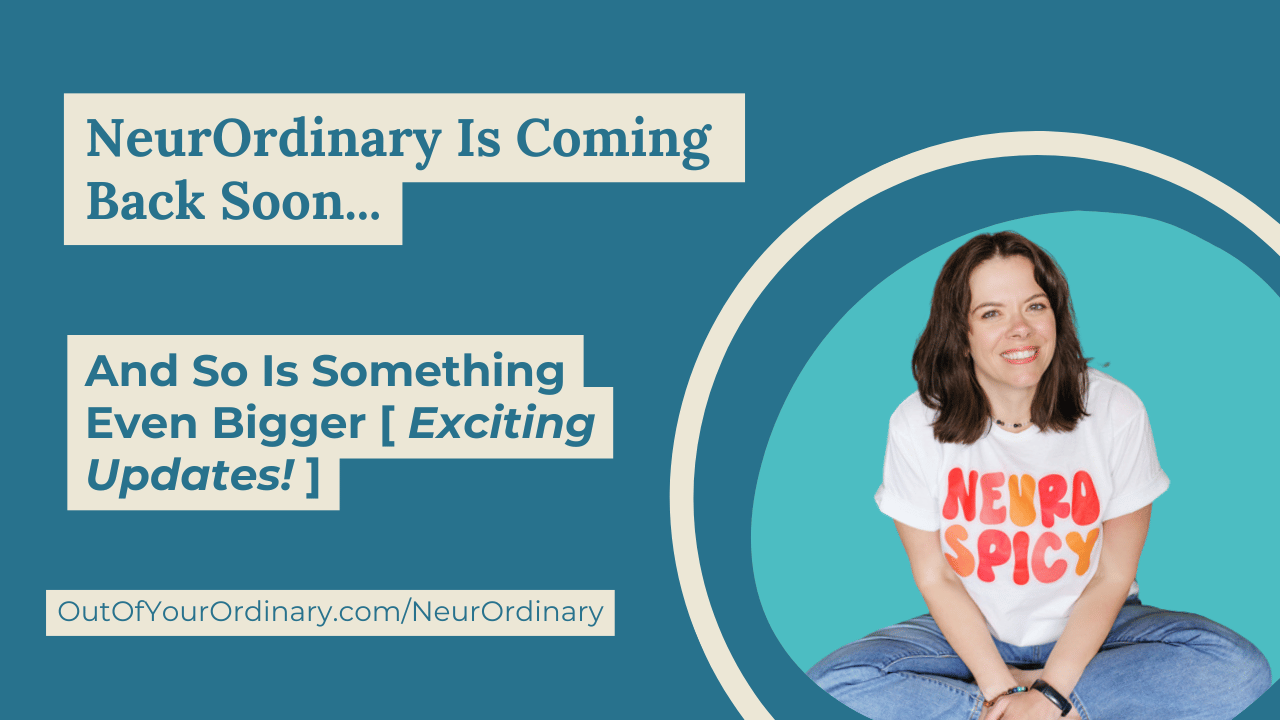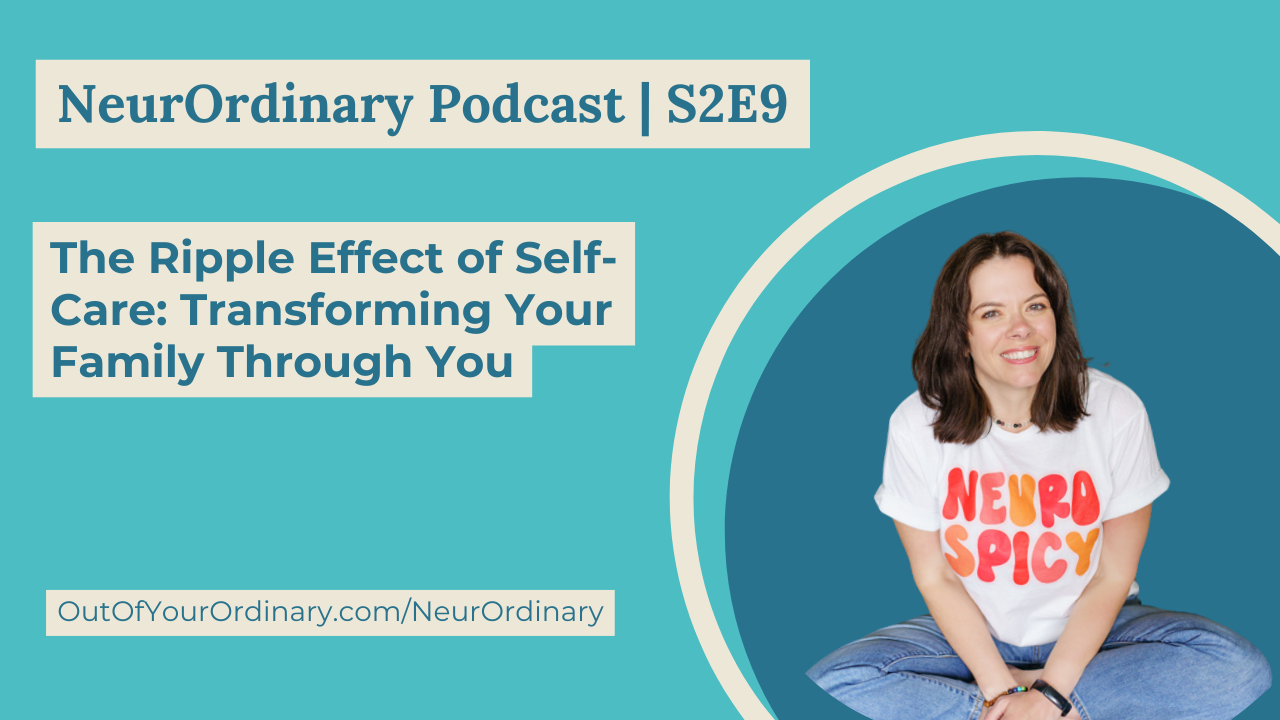
Today, we’re diving into something transformative - cultivating a growth mindset.
Growth mindset isn’t just a trendy buzzword; it’s a powerful tool for autism parents that can revolutionize your self-care routine and overall well-being…let’s dive in!
Understanding the Growth Mindset and Its Importance for Autism Parents
A growth mindset, a concept coined by psychologist Carol Dweck, is the belief that abilities and intelligence are not fixed traits but can be developed through effort, learning, and perseverance. Think of it as the opposite of a fixed mindset, where folks believe they just are who they are and can’t change anything about it…so they don’t bother trying.
Embracing a growth mindset is about recognizing that challenges and setbacks are opportunities for learning and growth, rather than insurmountable barriers. For autism parents, embracing a growth mindset can be a game-changer.
Parenting an autistic child comes with unique challenges that can sometimes feel overwhelming. The constant need to adapt, learn new strategies, and remain patient can be exhausting.
However, a growth mindset shifts the focus from fixed limitations to the endless possibilities of growth and improvement. This perspective is not only beneficial for your child’s development but also crucial for your own well-being and resilience.
Why a Growth Mindset Matters for Autism Parents
There are practically an endless number of reasons why developing a growth mindset matters, here are just a few…
- Empowers Personal Growth: Adopting a growth mindset empowers you to see your own potential for growth. It encourages continuous learning and adaptation, which are essential when navigating the complexities of autism parenting. By believing in your ability to improve and adapt, you build confidence and resilience.
- Enhances Problem-Solving Skills: With a growth mindset, challenges become opportunities to develop new skills and strategies. This approach fosters creativity and problem-solving, helping you to find effective solutions tailored to your child's needs.
- Improves Coping Mechanisms: Parenting an autistic kiddo can be stressful and emotionally taxing, to put it mildly. A growth mindset helps you view stressors as temporary and manageable, which can improve your coping mechanisms. It encourages you to seek resources, support, and new strategies rather than feeling defeated by the challenges you face.
- Fosters a Positive Environment: When you model a growth mindset, you create a positive and encouraging environment for your child. Your belief in growth and improvement can inspire your child to adopt the same mindset, leading to increased motivation and resilience. Autistic kids may not always fully understand the emotions of those around them, but they are often strongly affected by them. Every bit of strength and positivity helps them, and you!
- Promotes Self-Compassion: When you see growth as a process and recognize that setbacks are a natural part of your journey, it becomes easier to treat yourself with kindness. And that’s something we all need! This self-compassion is essential for maintaining mental and emotional health, as it reduces the pressure to be perfect and allows for more realistic expectations.
- Strengthens Family Dynamics: When everyone in the family believes in the potential for growth and improvement, it creates a cohesive and supportive environment…that’s good for you, your autistic kiddo, and your whole family. It can help your children feel happier and safer while leading to strengthened (or at least less strained) relationships between all family members.
Practical Ways to Cultivate a Growth Mindset
Here are six ways you can help cultivate and strengthen your growth mindset…
Set Realistic Goals: Break down larger challenges into manageable steps. Celebrate each small achievement as progress towards your overall goal.
Embrace Learning Opportunities: View each day as a chance to learn something new about your child, your parenting skills, and yourself. Seek out resources, attend workshops, and connect with other autism parents for shared learning experiences.
Practice Positive Self-Talk: Whenever possible, replace negative self-talk with kindness and positive affirmations. Remind yourself that growth takes time and effort and that every step forward, no matter how small, is valuable.
Reflect on Your Progress: Take time to reflect on your journey. Acknowledge the challenges you’ve faced and how you’ve handled them. Above all, recognize the progress you’ve made! You’re probably doing a lot better than you think. Keeping a journal can be a helpful tool for tracking your growth.
Encourage Your Child’s Growth: Support your child in developing their own growth mindset. Encourage them to try new things, praise their efforts, and help them see setbacks as learning opportunities.
Seek Support: Surround yourself with folks who understand your journey and know what you’re facing. Sharing experiences and insights can reinforce your growth mindset and provide valuable perspectives. If you haven’t already, join us inside The Autism Parent Self-Care Support Squad…it’s free to join and filled with some pretty awesome parents who “get” what you’re going through.
Looking Ahead…
As you continue your autism parenting journey, remember that cultivating a growth mindset is not a destination but an ongoing (and continuous!) process.
It’s about embracing the learning curve and being kind to yourself along the way. You’re doing an amazing job, and every step you take is a testament to your strength and dedication, to your child, and yourself.
Here’s to embracing the journey and the endless possibilities of growth and self-care!





